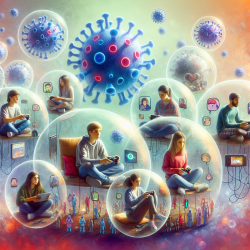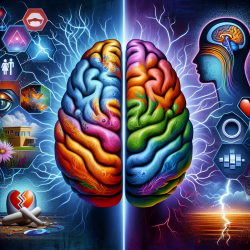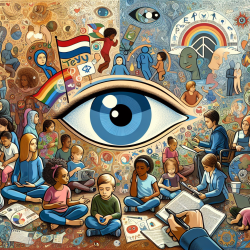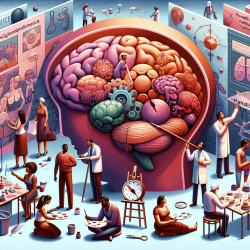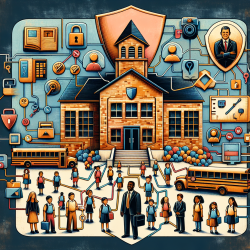Introduction
The COVID-19 pandemic has significantly altered the landscape of education and mental health, particularly for children and adolescents. As a Special Education Director, understanding the interplay between mental health challenges and internet gaming disorder (IGD) is crucial. The recent longitudinal study titled "Depression and anxiety symptoms associated with internet gaming disorder before and during the COVID-19 pandemic" offers insights into how these dynamics have evolved.
The Study's Key Findings
The study involved 1,778 children and adolescents and examined the relationship between depressive and anxiety symptoms and IGD before and during the pandemic. Key findings include:
- Both videogame use and IGD severity increased during the pandemic, especially among adolescents.
- Depressive and anxiety symptoms at the onset of the pandemic were predictors of increased IGD severity and videogame use.
- Perceived impacts of COVID-19 mediated the relationship between early depressive and anxiety symptoms and subsequent IGD severity.
Implications for Practitioners
These findings underscore the importance of addressing mental health proactively in educational settings. As practitioners, we can implement several strategies to mitigate the negative impacts of increased gaming and mental health challenges:
- Early Intervention: Implement screening tools to identify students at risk of IGD and related mental health issues early on.
- Holistic Support: Develop comprehensive support systems that include counseling, family engagement, and peer support groups.
- Balanced Gaming: Educate students and parents about healthy gaming habits and the importance of balancing screen time with other activities.
- Collaborative Efforts: Work closely with online therapy providers like TinyEYE to ensure students receive timely and effective mental health support.
Encouraging Further Research
While this study provides valuable insights, it also highlights the need for further research. Understanding the long-term effects of the pandemic on mental health and gaming behaviors will be crucial. Encouraging collaboration between schools, mental health professionals, and researchers can lead to more effective interventions and support systems.
Conclusion
The COVID-19 pandemic has presented unprecedented challenges, but it also offers an opportunity to innovate and improve our approaches to mental health and education. By leveraging research findings and collaborating with partners like TinyEYE, we can create supportive environments that foster resilience and well-being in our students.
To read the original research paper, please follow this link: Depression and anxiety symptoms associated with internet gaming disorder before and during the COVID-19 pandemic: A longitudinal study.
